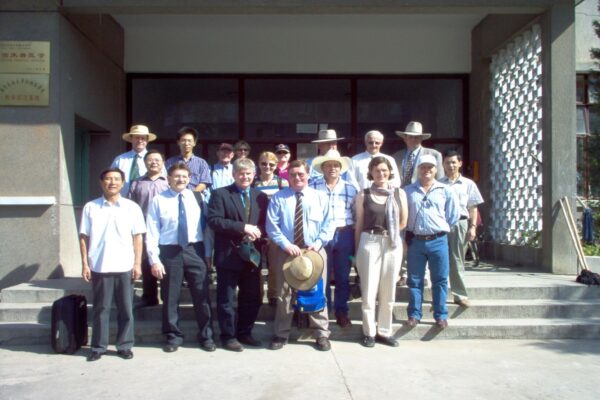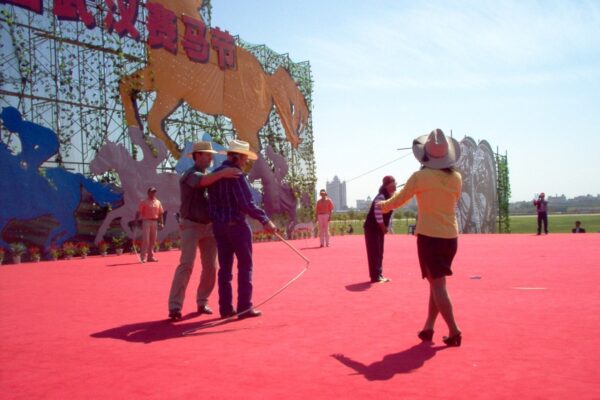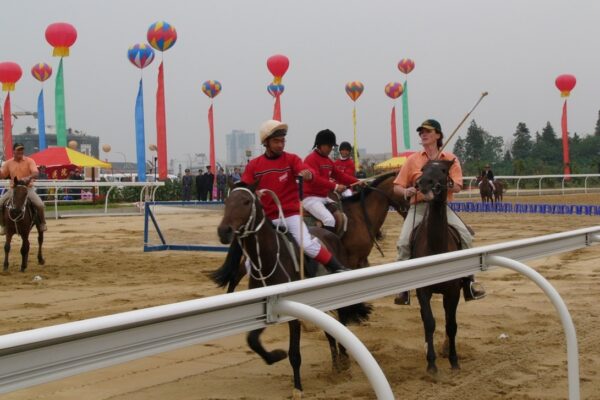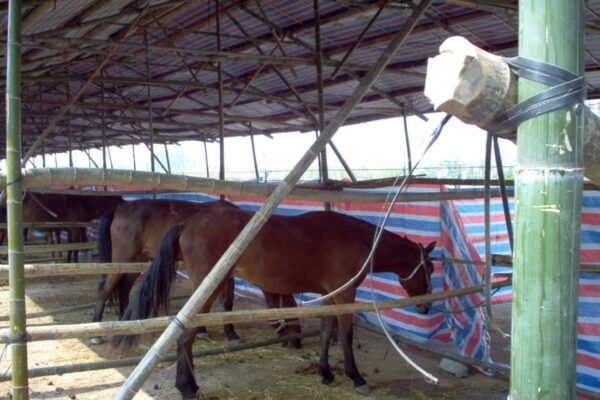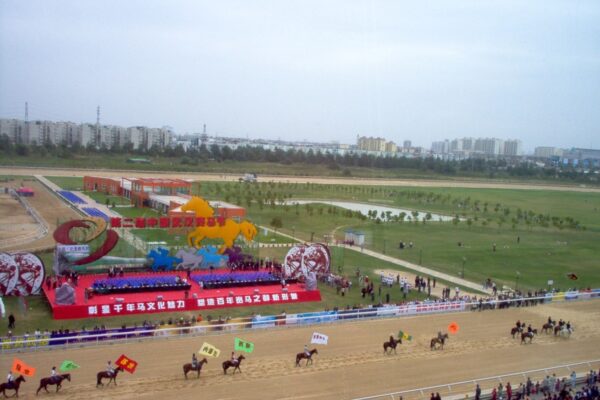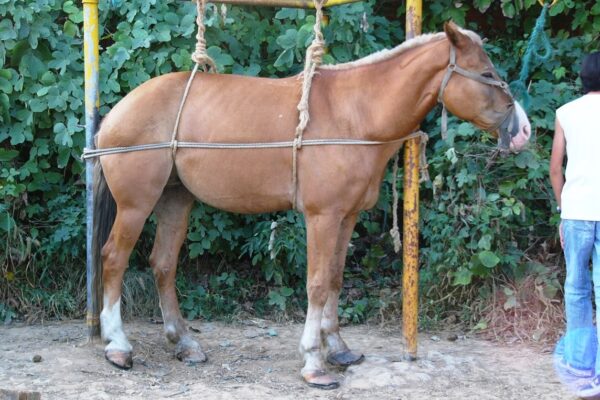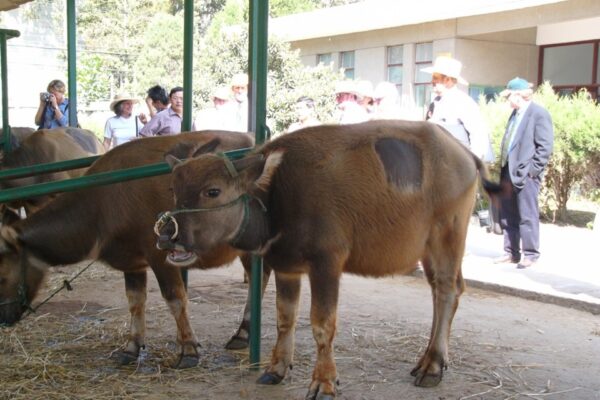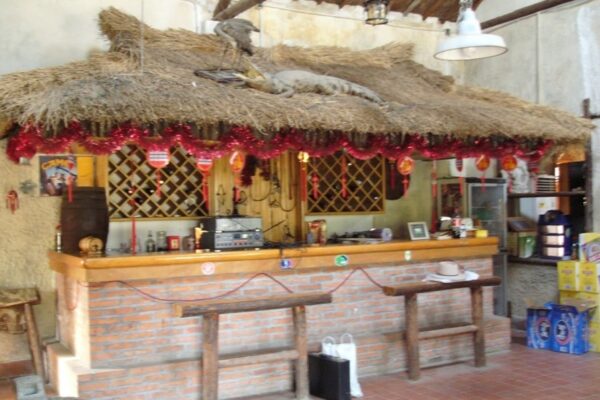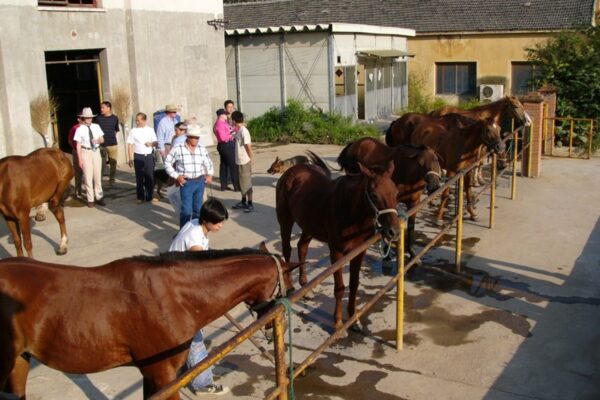Mines, Wines and Thoroughbreds in the Hunter Valley
I am indebted to my good friend Professor Wayne Bryden for the following links to peer reviewed technical papers relating to thoroughbred production in the Hunter Valley. They cover several scientific disciplines. So does Wayne. He’s a son of the Hunter Valley soil himself. His admirable parents were traditional dairy farmers down Dartbrook way; near Aberdeen just south of Scone. This sort of upbringing and background gives Wayne a length-of-the-straight start when it comes to high level evaluation of salient and pertinent agricultural production issues. In addition he’s objective and not biased; as all good scientists should and must be. I commend these to you unsullied with subjective comment.
Acknowledgement:
Professor Wayne L. Bryden MRurSc, PhD, FAIAST, FNSA, FASAP, RAnNutr.
Professor of Animal Science
School of Agriculture & Food Sciences
University of Queensland
Gatton Qld 4343 Australia
Phone: 0413 808 830
WHO, Expert Panel on Food Safety
Editor-in-Chief, Animal Production Science
College of Experts, Global Change Institute, UQ
President, Australasian Equine Science Society
http://www.tandfonline.com/doi/abs/10.1080/00343400701827394
Regional Studies
Publication details, including instructions for authors and subscription information:
http://www.tandfonline.com/loi/cres20
Mines, Wines and Thoroughbreds: Towards Regional
Sustainability in the Upper Hunter, Australia
Phil Mcmanus School of Geosciences, University of Sydney, Madsen Building (FO9), Sydney, NSW,
2006, Australia
Version of record first published: 22 Oct 2008.
http://www.tandfonline.com/doi/abs/10.1080/00049189608703162
Original Articles
Mines, Wines and Thoroughbreds: Towards Regional Sustainability in the Upper Hunter, Australia
Pages 1275-1290 | Received 01 Nov 2006, Published online: 22 Oct 2008
Abstract
McManus P. Mines, wines and thoroughbreds: towards regional sustainability in the Upper Hunter, Australia, Regional Studies. Sustainability promotes the perpetuation of environmental quality for present generations, future generations, and other species. Regions are privileged bounded spaces and a focus for sustainability concerns. This paper explores the notion of sustainable regions by employing a case study of the Upper Hunter, Australia, a region that is a node in material and discursive networks for coal mining, wine making, and thoroughbred breeding. It defines sustainability as environmental sustainability, which is a basis for socio-economic development. While planning for sustainability at a regional scale is vital, it is also necessary to understand material and discursive networks that connect regions with other spaces.
McManus P. Mines, vins, pur-sang: faire la durabilité régionale dans la Upper Hunter en Australie, Regional Studies. La durabilité favorise la poursuite de la qualité environnementale pour les générations actuelles, futures et pour d’autres espèces. Les régions sont des espaces clos privilégiés, au centre des préoccupations relatives à la durabilité. Cet article analyse la notion de région durable en s’appuyant sur une étude de cas de la Upper Hunter, région qui constitue un nœud des réseaux discursifs et de matériaux pour l’industrie minière, la viticulture et l’élevage des pur-sang. Il définit la durabilité en tant que durabilité environnementale qui constitue une base de développement socio-économique. Alors que la planification de la durabilité à l’échelle régionale est fondamentale, il faut également comprendre les réseaux discursifs et de matériaux qui réunissent des régions dans d’autres espaces.
Planification régionale Espaces clos Région durable Environnement Upper Hunter Changements climatiques
McManus P. Bergwerke, Weinberge und Vollblüter: auf dem Weg zur regionalen Nachhaltigkeit in Upper Hunter, Australien, Regional Studies. Das Prinzip der Nachhaltigkeit fördert die Wahrung der Umweltqualität für die heutigen und künftigen Generationen sowie für andere Arten. Regionen sind privilegierte abgegrenzte Räume und ein Fokus für Fragen der Nachhaltigkeit. In diesem Beitrag wird der Begriff der nachhaltigen Regionen anhand einer Fallstudie aus der Region Upper Hunter untersucht, die einen Knoten in den materiellen und diskursiven Netzwerken für Kohlebergbau, Weinherstellung und Vollblutzucht darstellt. Nachhaltigkeit wird als Nachhaltigkeit der Umwelt definiert, die eine Grundlage für sozioökonomische Entwicklung darstellt. Eine Planung für Nachhaltigkeit auf regionaler Ebene ist zwar unverzichtbar, doch ebenso notwendig ist ein Verständnis der materiellen und diskursiven Netzwerke, die Regionen mit anderen Räumen verbinden.
Regionalplanung Abgegrenzter Raum Nachhaltige Region Umwelt Upper Hunter Klimawandel
McManus P. Minas, vinos y caballos de pura raza: hacia una sostenibilidad regional en Upper Hunter, Australia, Regional Studies. La sostenibilidad fomenta la perpetuación de la calidad medioambiental a generaciones presentes y futuras y a otras especies. Las regiones son espacios delimitados privilegiados y un foco de problemas de sostenibilidad. En este artículo analizo la noción de regiones sostenibles empleando un caso práctico de la región Upper Hunter que es un nodo en redes materiales y discursivas para la minería del carbón, la elaboración de vinos y la crianza de caballos de pura raza. Defino la sostenibilidad como una sostenibilidad medioambiental que es la base del desarrollo socioeconómico. Aunque planificar la sostenibilidad a nivel regional es fundamental, también es necesario entender las redes materiales y discursivas que conectan las regiones con otros espacios.
Planificación regional Espacio delimitado Región sostenible Medio ambiente Upper Hunter Cambio climático
Keywords: Regional planning, Bounded space, Sustainable region, Environment, Upper Hunter, Climate change
JEL classifications: L72, L83, N57, O18
Stud farming in the Hunter valley: expansion and restructuring in the Equine industry
Pages 133-148 | Published online: 24 Feb 2007
Abstract
Australia’s equine industry is identified as a neglected area of research by social scientists. Its research potential is investigated via consideration of its multi‐faceted nature and the economic significance of the industry’s most prominent sector, the breeding of Thoroughbred horses for racing. Focusing on the Hunter Valley, New South Wales, it is suggested that horse breeding has been a target for capital investment by entrepreneurs seeking to maximise returns on profits derived from other economic sectors. The role of favourable taxation legislation in this process is elaborated, and the relationships between horse breeding and other land‐based enterprises are also examined.
Key Words: Equine industry, horse breeding, Thoroughbreds, taxation, investment, Hunter Valley, New South Wales
Their grass is greener but ours is sweeter – Thoroughbred breeding and water management in the Upper Hunter region of New South Wales, Australia
Phil McManus
School of Geosciences, the University of Sydney, Sydney, NSW 2006, Australia
Received 14 November 2006; received in revised form 26 February 2007
Abstract
The Upper Hunter region of New South Wales (NSW) around Scone is reputed to be the second most significant thoroughbred breeding region in the world after the Bluegrass region of Kentucky. This article identifies the importance and cultural constructions of grass, and hence water, in the thoroughbred breeding industry in this region. Thoroughbred stud managers attempt to produce environments attractive to potential horse purchasers and owners with mares to be mated. These environments are constructed from perceptions of how a thoroughbred stud should appear, and from the physical conditions of specific locations. One perception is that the grass should be green. There are differing opinions in the thoroughbred breeding industry about the nutritional value of irrigated grasses, the role of these grasses in horse development and the associated access to, cost of and efficacy of water used for this purpose. The paper concludes that effective water management in this industry is only possible if various cultures of nature are understood, where necessary challenged, and subsequently included in policy and planning.
2007 Elsevier Ltd. All rights reserved.
Keywords: Thoroughbreds; Grass; Water; Culture-nature; Upper Hunter; Coal mining
